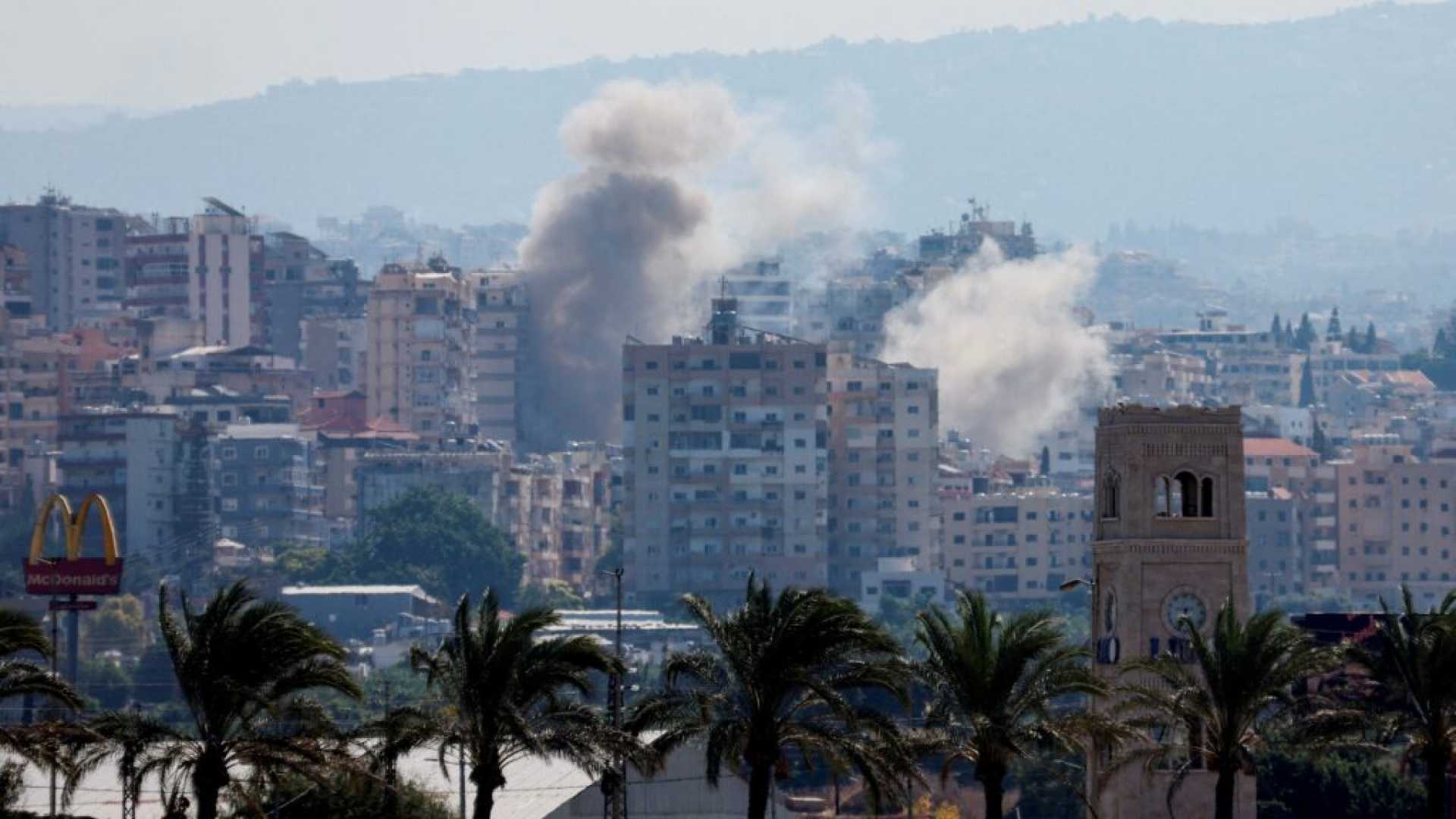News
UN Leaders Urge De-escalation as Violence Surges in Lebanon

As world leaders gathered at the United Nations in New York on Tuesday, September 24, 2024, the international community issued urgent calls for de-escalation amid intensifying hostilities between Israeli forces and Hezbollah in Lebanon. Aerial strikes and cross-border confrontations have resulted in significant casualties, with the Lebanese Ministry of Public Health reporting that Israeli strikes have so far killed at least 569 people and injured 1,835 others in Lebanon. Of these fatalities, 50 are confirmed to be children.
“Full-scale war is not in anyone’s interest,” said U.S. President Joe Biden before an emergency UN Security Council session scheduled to address the crisis in Lebanon. “Even though the situation has escalated, a diplomatic solution remains the only path to lasting security,” he added. However, Lebanese Foreign Minister Abdullah Bou Habib expressed disappointment, stating that Biden’s comments were “not promising” and wouldn’t address Lebanon’s challenges, particularly noting the displacement of half a million people due to the conflict.
UN Secretary-General António Guterres warned of the situation being “on the brink,” emphasizing the risk Lebanon faces of becoming another prolonged conflict zone reminiscent of Gaza. “We should all be alarmed by the escalation,” Guterres declared, urging urgent international intervention to prevent a disaster.
Israel‘s ambassador to the UN, Danny Danon, stated that Israel was “not eager” for a ground invasion, citing Israel’s aim to avoid further escalation. “We don’t want to send our boys to fight in a foreign country,” Danon insisted.
Reports indicate that Hezbollah’s missile and rocket units have been active, launching over 300 rockets towards Israel in recent days, prompting Israeli strikes. Israeli military officials claimed the elimination of Ibrahim Muhammad Qubaisi, a prominent Hezbollah commander known as “Hajj Abu Musa,” who they say was responsible for a deadly 2000 attack on Israeli soldiers.
International figures such as Turkish President Recep Tayyip Erdogan and Qatar’s Emir Sheikh Tamim bin Hamad Al-Thani have criticized Israel’s actions, with Erdogan accusing Israel of dragging the region “into war” and Al-Thani highlighting the lack of an “Israeli partner for peace.”
The UN General Assembly has seen growing tensions, with Palestinian President Mahmud Abbas present as his delegation received upgraded privileges. Jordan’s King Abdullah II condemned the potential forced displacement of Palestinians to Jordan as a “war crime.”
Meanwhile, President Volodymyr Zelensky of Ukraine addressed the UN Security Council regarding the ongoing conflict with Russia, emphasizing the need for a resolution. “Russia can only be forced into peace,” Zelensky underscored, amid a global landscape fraught with simultaneous crises.
As the situation remains precarious, the UN Security Council meeting on Wednesday is anticipated to gather further international responses to the escalating conflict. European Council President Charles Michel and British Foreign Minister David Lammy have also weighed in, underscoring the critical need to prevent a broader regional conflict.












